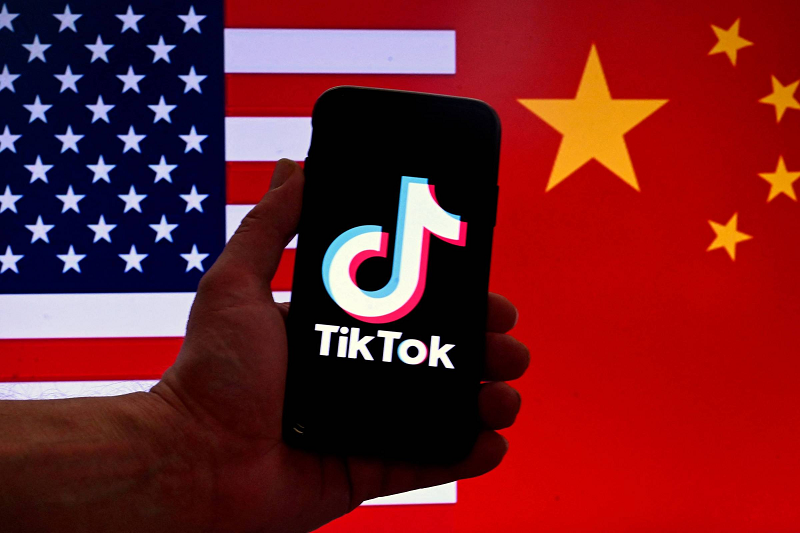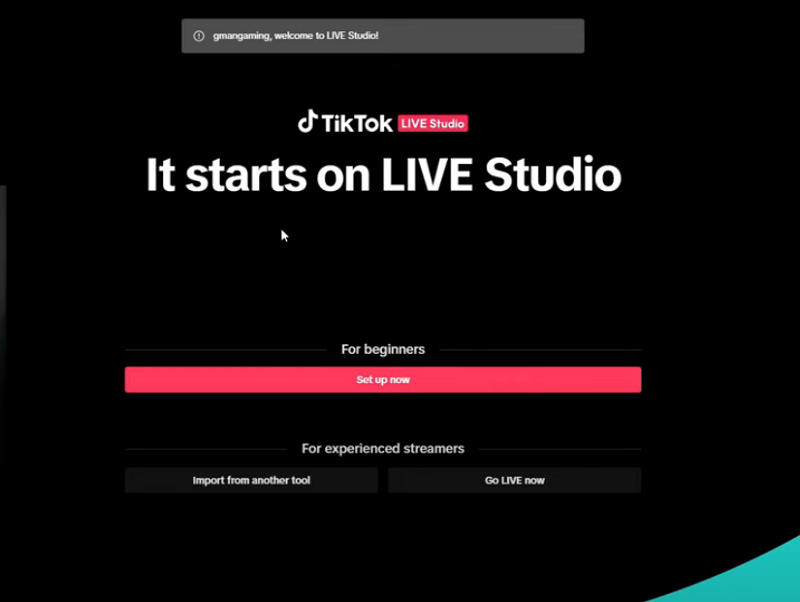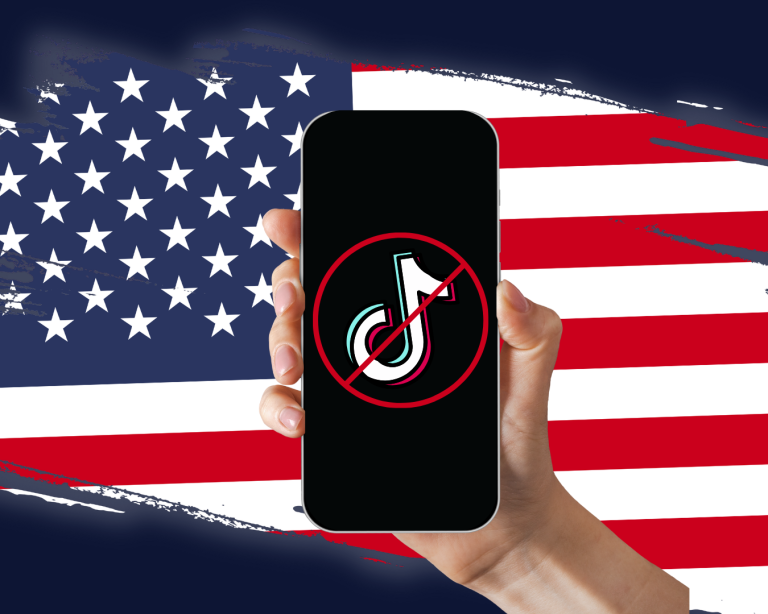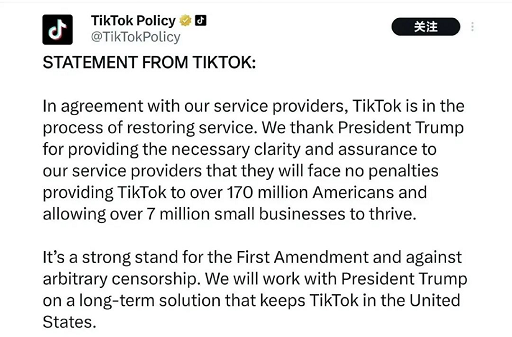The National Security Risks Associated with TikTok: Why a Complete Ban in the U.S. is Necessary
Introduction
The Rise of TikTok and its Popularity
Surveillance Concerns and Data Privacy
Potential Threats to National Security
Banning TikTok: Pros and Cons
Pros of Banning TikTok
Cons of Banning TikTok

Introduction
TikTok, the popular social media platform known for its short videos, has experienced an unprecedented rise in popularity in recent years. With over 800 million active users worldwide, the app has become a cultural phenomenon, particularly among younger generations. However, the increasing popularity of TikTok has raised concerns regarding surveillance and data privacy, leading to debates about the potential threats it poses to national security. This article explores the national security risks associated with TikTok and argues for a complete ban in the United States.
The Rise of TikTok and its Popularity
TikTok, a Chinese-owned app developed by ByteDance, has rapidly gained popularity due to its unique and entertaining content. The platform allows users to create and share short videos set to music, with a vast range of creative possibilities. This easy-to-use app has attracted users from around the world, with a particular focus on younger demographics.
Surveillance Concerns and Data Privacy
One of the primary concerns surrounding TikTok is its data privacy policies and the potential for surveillance. TikTok collects a vast amount of sensitive user data, such as location, device information, and browsing history. While the app claims that this data is kept secure and not shared with third parties, skeptics argue that the Chinese government could potentially access this information due to China's strict data laws.
The Chinese government's history of aggressive data collection and surveillance raises significant red flags. The country's National Intelligence Law requires Chinese organizations and citizens to cooperate with intelligence operations when requested, which means that a Chinese-owned company like TikTok could be compelled to share user data with the government.
Potential Threats to National Security
The concerns regarding TikTok's data privacy policies have raised fears of potential threats to national security. Given that TikTok has access to a vast amount of personal information of millions of Americans, including their location, interests, and social connections, there is a genuine risk of this data being misused or exploited for nefarious purposes.
Moreover, the app's algorithm raises concerns about the spread of disinformation and censorship. With the ability to manipulate content and control what users see, TikTok has the potential to shape public opinion and influence political conversations. This power can be abused to spread propaganda or manipulate public sentiment, which poses a significant risk to national security.
Banning TikTok: Pros and Cons
The idea of a complete ban on TikTok in the United States has sparked intense debate, with both pros and cons to consider.
Pros of Banning TikTok
Protection of National Security: Prohibiting TikTok would help mitigate potential national security risks associated with data privacy, surveillance, and the spread of disinformation.
Preservation of Intellectual Property: By banning TikTok, the U.S. counters the risk of intellectual property theft and unauthorized use of American creativity and innovation.
Equal Playing Field for American Competitors: A ban on TikTok would provide an opportunity for American-owned social media platforms to gain a competitive advantage in the market.
Cons of Banning TikTok
Freedom of Expression: Banning TikTok could be seen as an infringement on freedom of expression and limit the creative outlet for millions of users.
Negative Economic Impact: The ban would adversely affect TikTok's employees, content creators, and the broader digital advertising industry.
Precedent for Censorship: Banning TikTok may set a precedent for censoring other foreign-owned social media platforms, raising concerns about censorship and free speech.
Conclusion
While there are valid arguments for and against a complete ban on TikTok, the national security risks associated with the platform cannot be overlooked. The collection and potential misuse of vast amounts of sensitive user data, coupled with the Chinese government's data laws, pose significant threats to national security.
To safeguard the interests of its citizens and protect national security, the United States should seriously consider implementing a ban on TikTok. This would not only address the surveillance and data privacy concerns but also create opportunities for American-owned social media platforms to flourish. It is crucial to strike a balance between preserving individual freedoms and mitigating national security risks in the digital age.



